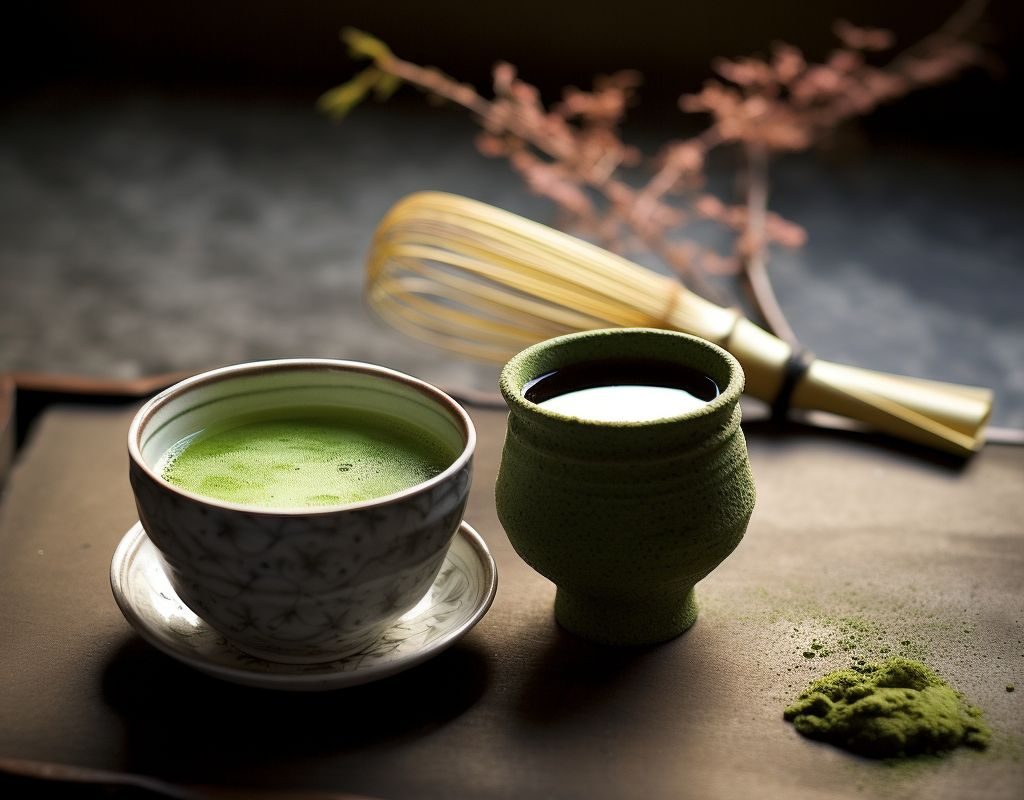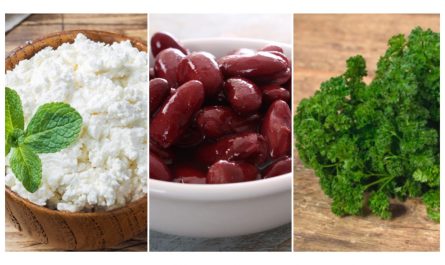
In the world of wellness, matcha isn’t just another health trend. This ancient green tea, celebrated for its vibrant hue and rich history, is also revered for its impressive array of health benefits. But beyond its well-known boosts to energy and metabolism, could matcha also serve as a potential ally against depression? Let’s delve into the science and stories behind matcha as both a health hack and a mindset aid.
The Power Packed in a Leaf:
Matcha is made from the finely ground leaves of specially shaded green tea plants, which amplify its chlorophyll content and nutrient profile. This green powerhouse is loaded with antioxidants, notably catechins, which fight free radicals and support overall health. One catechin, epigallocatechin gallate (EGCG), is especially lauded for its anti-inflammatory and neuroprotective qualities. Matcha also delivers a unique blend of caffeine and L-theanine, an amino acid that promotes relaxation without drowsiness—balancing the nervous system and enhancing mood.
Matcha and Mental Health:
Emerging research suggests that the components of matcha can influence mental health positively. The L-theanine in matcha is known to improve focus and reduce stress, helping to alleviate anxiety symptoms. Studies have shown that L-theanine increases the brain’s alpha wave activity, leading to a calmer yet alert state of mind, which can be particularly beneficial for those dealing with depressive symptoms.
Moreover, matcha’s anti-inflammatory properties might combat the inflammation often linked with depression. The holistic approach to depression often considers physical, emotional, and dietary factors, and matcha’s profile fits well within dietary interventions aimed at reducing inflammation and boosting neurological health.
Matcha might not be a magic bullet for depression, however, as part of a broader, integrative approach to mental health that includes therapy, medication, and lifestyle changes, it could play a supportive role. Additionaly, Incorporating matcha into a daily routine can also be part of a larger mindfulness practice. The traditional Japanese tea ceremony, centered around matcha, is itself a meditative practice. Engaging in this ritual can help cultivate patience, attention to detail, and a present mindset, which are beneficial for mental health.



